Receiving test results can be an anxious time for many, and it's important to approach this moment with care and clarity. Our goal is to ensure that you fully understand your results and what they mean for your health journey. We prioritize open communication, so your questions and concerns are always welcome. If you're interested in learning more about how to interpret your results and what steps to take next, keep reading!
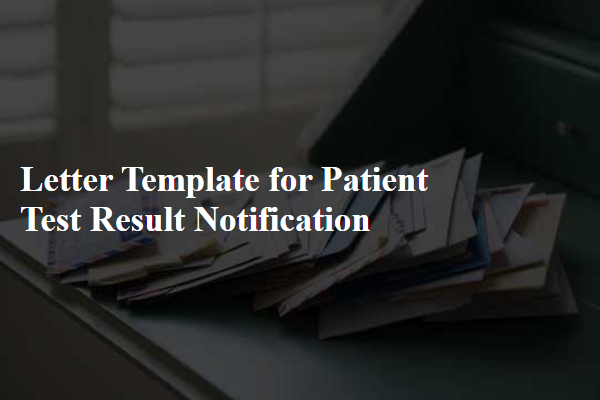
Patient's personal information
Patient test results, when communicated effectively, can greatly influence a patient's understanding and management of their health. Typically, personal information including the patient's name (e.g., John Smith), date of birth (e.g., January 15, 1980), and medical record number can be crucial for accurate identification. The test results themselves may involve specific tests (e.g., blood glucose levels, cholesterol panels) conducted on a specific date (e.g., October 5, 2023) at a facility (e.g., City Hospital Lab). Additionally, context related to the results, such as normal ranges and implications of values (e.g., fasting glucose level below 100 mg/dL indicates normal glucose metabolism), is vital for patient comprehension. Timely notification of results, alongside follow-up recommendations and potential need for further testing, plays an integral role in a patient's ongoing healthcare journey.
Test details and type
Receiving medical test results, such as blood tests or imaging studies, is crucial for assessing health conditions. Tests like Complete Blood Count (CBC) offer information on overall health by measuring various components of blood, including red and white blood cells. Imaging studies like X-rays or MRI provide visual assessments of internal structures, often highlighting potential issues such as fractures or tumors. These results help physicians in determining further treatment strategies. Timely notifications regarding test outcomes are essential for patient peace of mind and subsequent medical decisions. Understanding the significance of these tests, patients can better engage in their health management.
Test results summary
Test results must be communicated clearly to ensure patient understanding and engagement with their health status. Comprehensive summaries include key aspects such as test names (e.g., Complete Blood Count, Lipid Panel), results (numeric values significant for health, like cholesterol levels over 200 mg/dL), reference ranges for context, and potential implications for conditions (e.g., high blood pressure indicating risk for cardiovascular disease). Information on follow-up actions, including scheduling appointments for further discussion or additional testing, is crucial for promoting proactive health management. Privacy is paramount, requiring compliance with regulations like HIPAA in the United States to safeguard sensitive medical information.
Next steps or recommendations
Medical test results often determine the course of treatment for patients, dictating essential next steps. After receiving results from tests such as blood work (complete blood count, metabolic panel) or imaging studies (X-rays, MRIs), healthcare providers typically recommend follow-up appointments at medical facilities (hospitals, clinics) for further evaluation. For example, abnormal results in cholesterol levels (triglycerides, LDL, HDL) might lead to lifestyle changes or medication prescriptions, emphasizing the importance of diet (low-saturated fat, high fiber) and exercise (30 minutes of aerobic activity most days). In some cases, specialists (cardiologists, endocrinologists) may need to be consulted for advanced treatment options, such as stenting or insulin therapy, based on the specific health condition diagnosed. Detailed explanations of results may be provided, often supported by evidence from medical literature or guidelines, ensuring patients understand their health status and necessary lifestyle modifications.
Contact information for further queries
Patient test results are crucial for understanding health conditions and making informed decisions about treatment. Proper notification procedures ensure that individuals are well-informed. Contact information, typically including a phone number (e.g., 555-0123) and email address (e.g., info@healthclinic.com), is essential for patients seeking further clarification about their results. Hospitals or healthcare providers, like Memorial Hospital of Rhode Island, often have dedicated departments to handle patient inquiries. Ensuring easy access to this contact information fosters clear communication and helps address any concerns patients may have regarding their health outcomes.

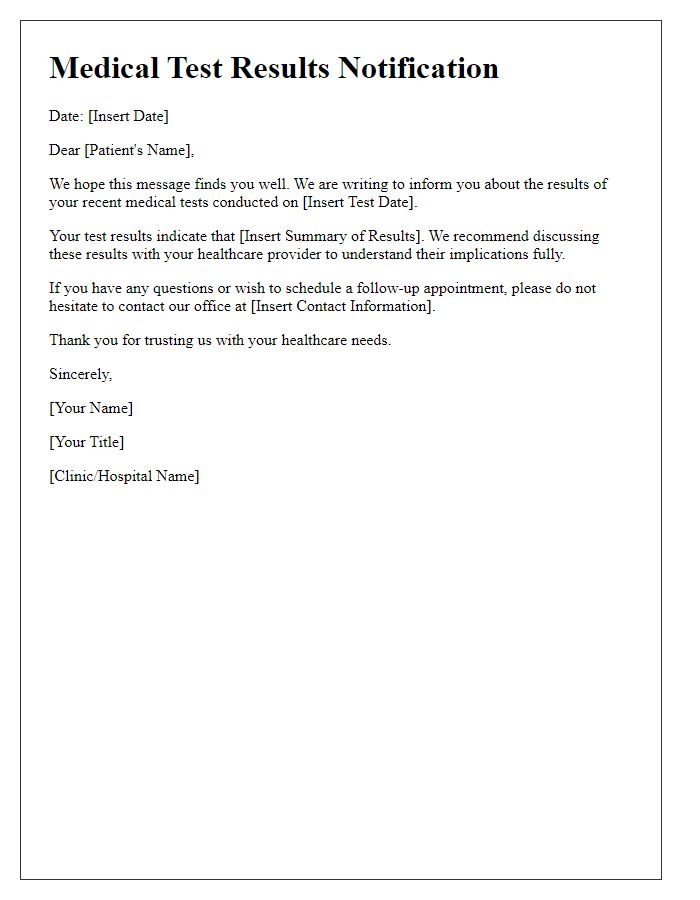
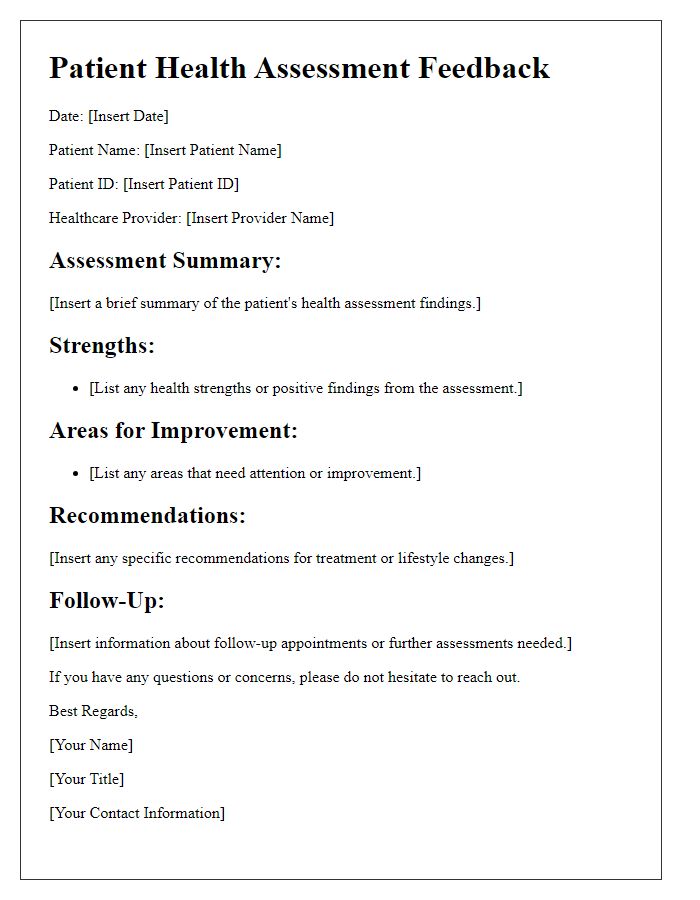
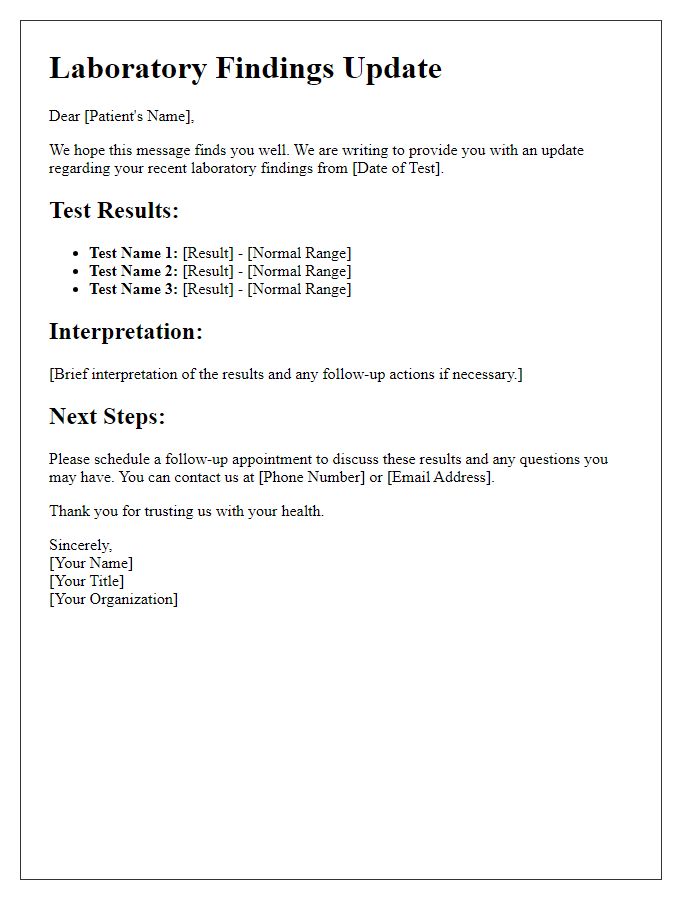
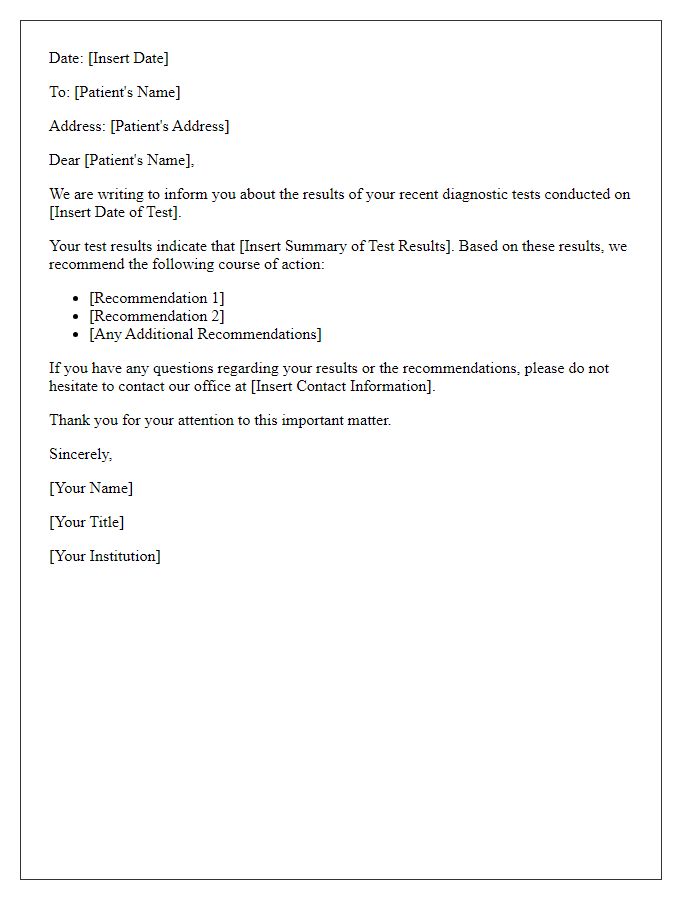
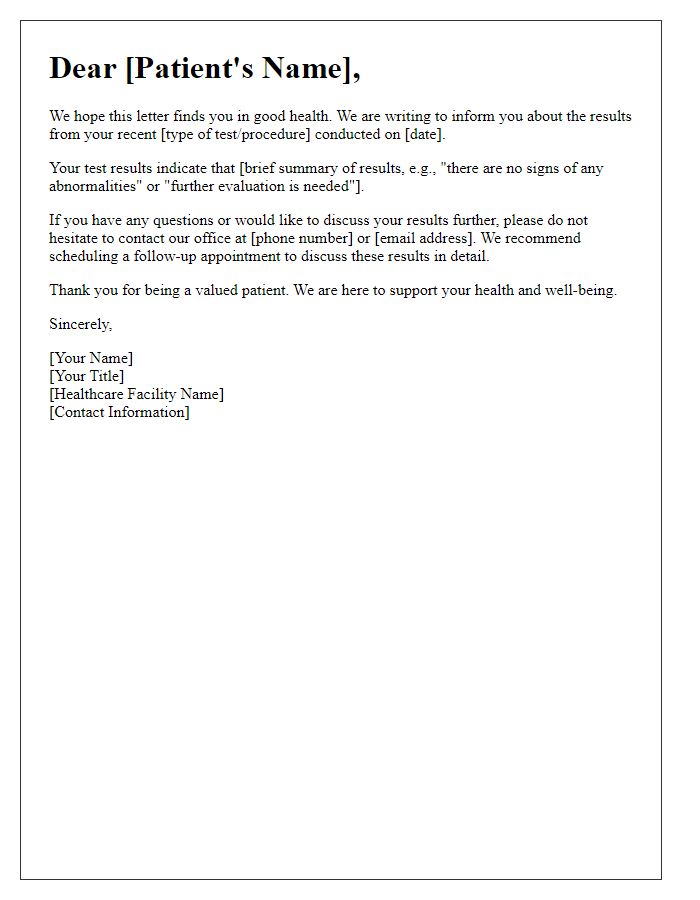
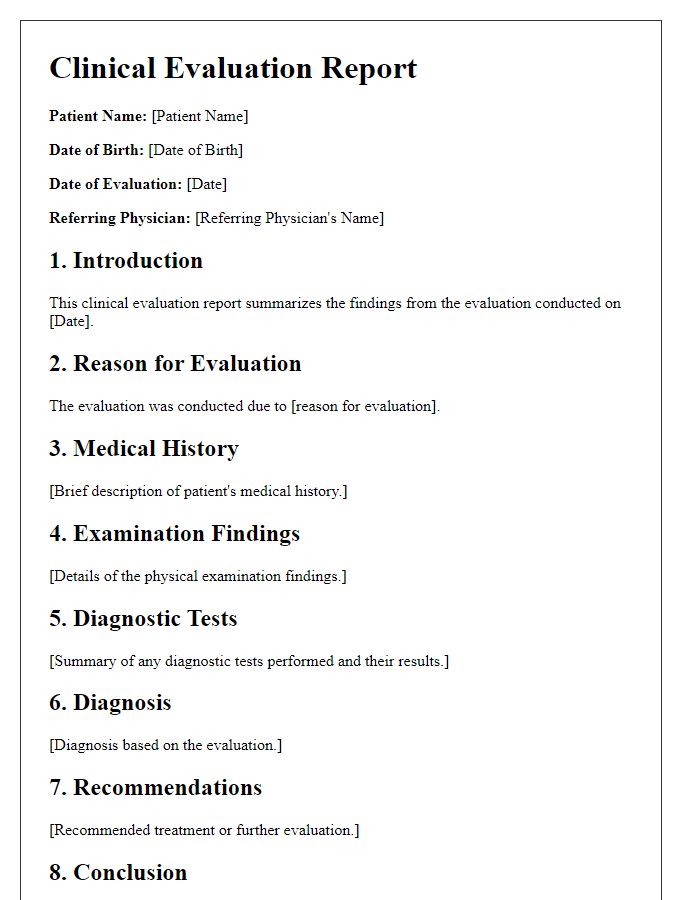
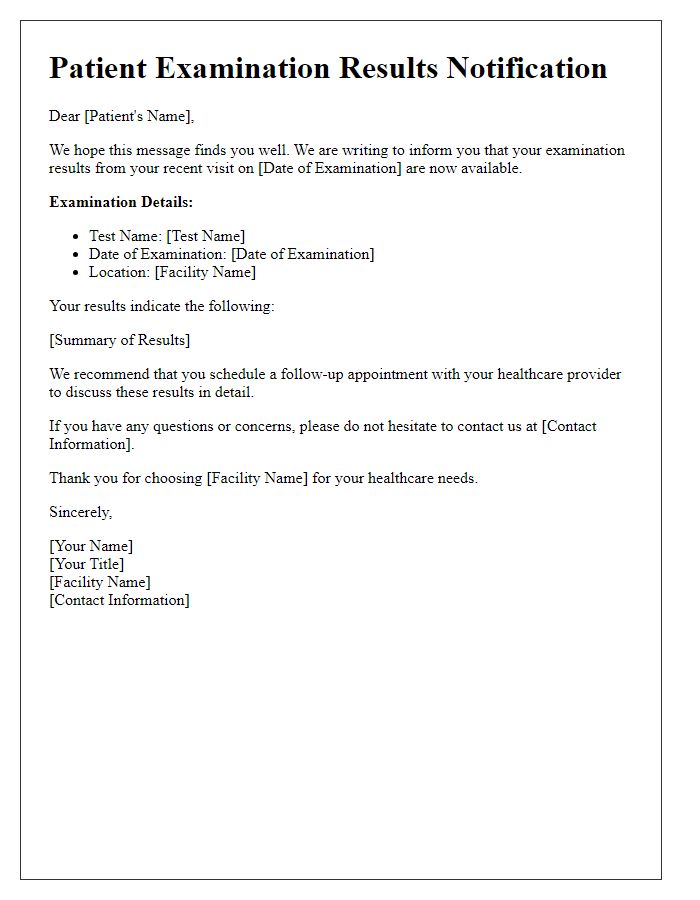
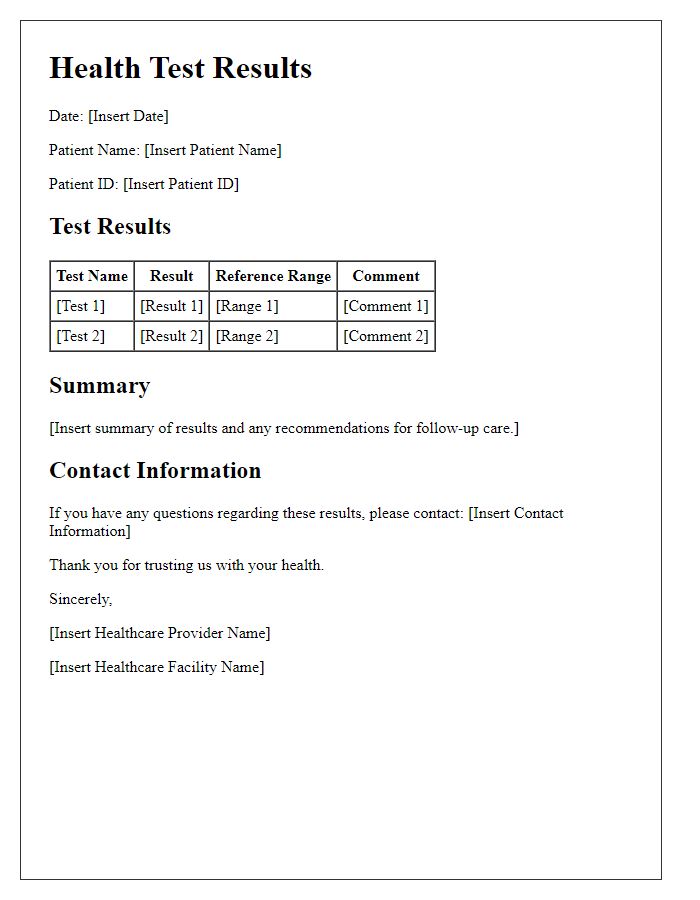
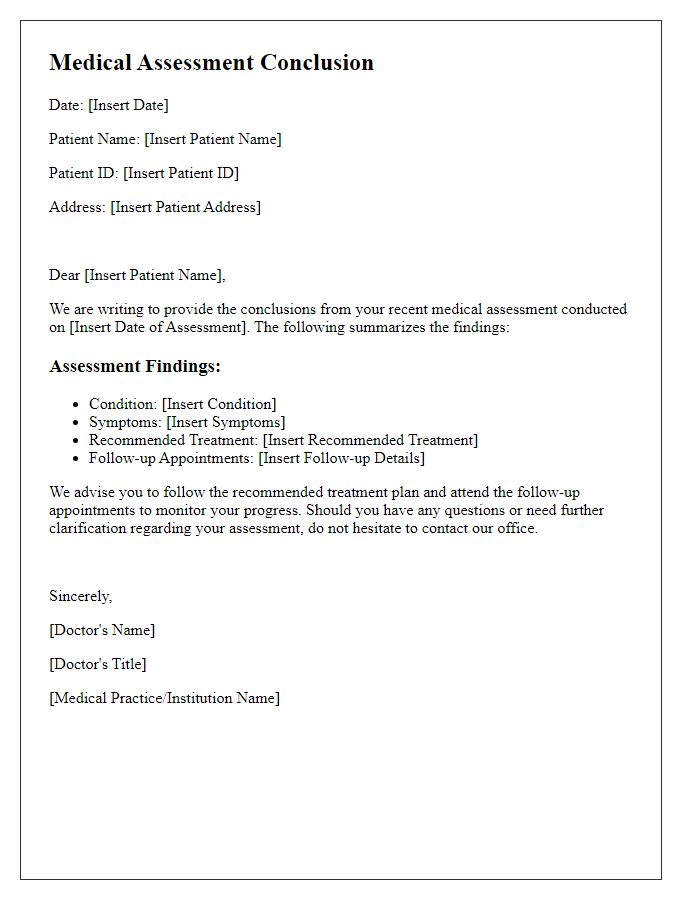
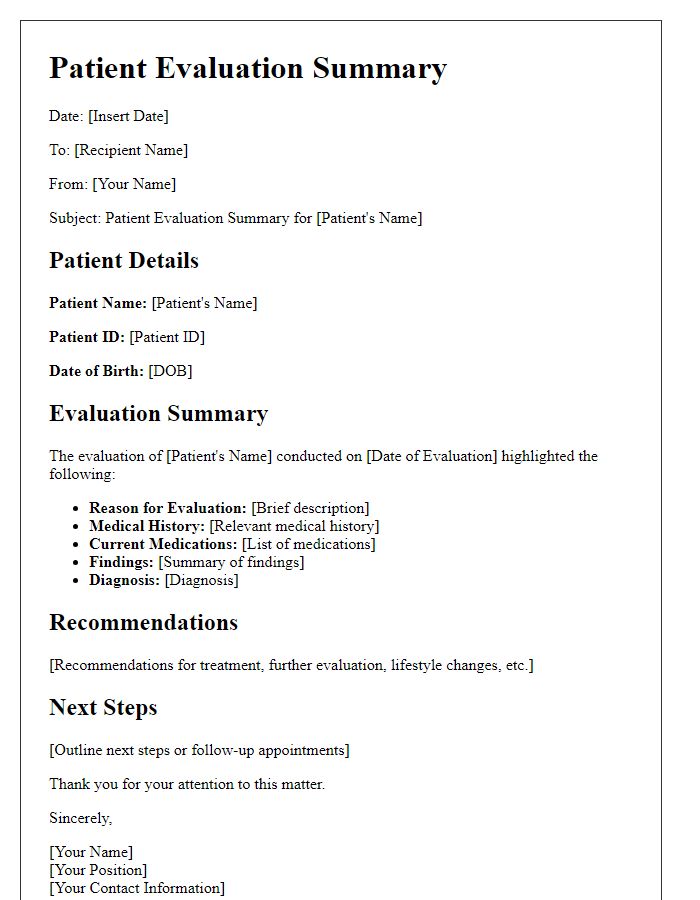

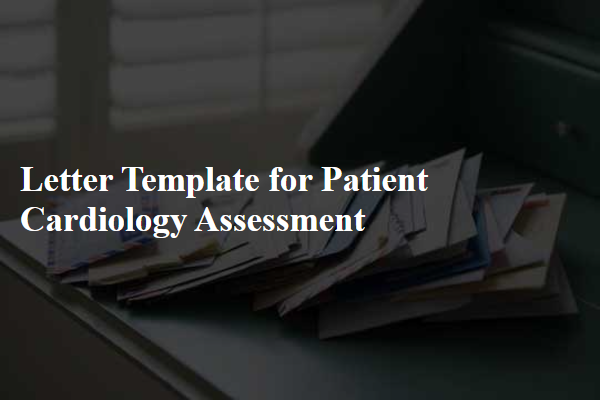
Comments